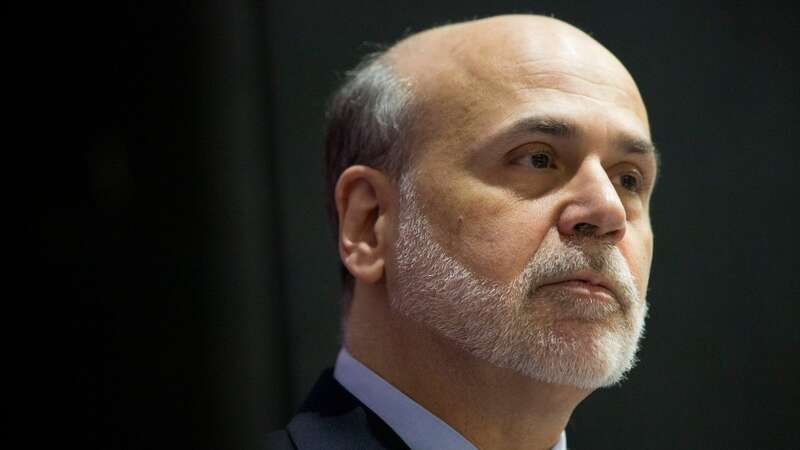
A review commissioned by the Bank of England has identified "significant shortcomings" in the model used for economic forecasting.
A report by former US Federal Reserve chair Ben Bernanke revealed that Bank staff were relying on "out-of-date" software that was not properly maintained. In some cases, functions that should have been automated were being performed manually.
This review was initiated last year when it was found that Bank forecasts were consistently missing the mark during a period of economic turbulence. Accurately predicting financial trends is always a challenge in an unstable economy, however, public criticism led to Dr. Bernanke's involvement.
Despite criticisms, the review revealed that the Bank's forecasts, though occasionally off-target, performed better than those from some other central banks. During the critical period spanning the second quarter of 2021 to the third quarter of 2023, the Bank of England's inflation forecasts were more accurate than those from the European Central Bank or Sweden's Riksbank, but lagged behind the central banks of Canada, Norway and New Zealand.
The US Fed does not publish comparable forecasts. Additionally, during this same period, the Bank was the second-worst forecaster of gross domestic product (GDP), once even predicting the longest recession in several decades, which never transpired. The former Federal Reserve boss made a series of recommendations, including that software should be updated and modernised "with high priority".
 Britain faces the worst recession among G7 partners, economists predict
Britain faces the worst recession among G7 partners, economists predict
The new software should ensure that data input "is automated to the extent possible", especially for "routine operations". There should be a "significant increase in dedicated staff time" in maintaining and developing the models the Bank uses. In the longer term the Bank should consider replacing "or, at a minimum, thoroughly revamping", the current COMPASS system.
The report also said, although did not formally recommend, that the Bank could start producing its own forecasts of what might happen to interest rates in future, which could help inform its inflation forecasts.
At the moment the Bank publishes forecasts based on two scenarios of what might happen with interest rates – one that rates stay unchanged from where they are now, and another which is based on what markets think will happen to rates. Many other central banks including those in the US, Sweden, Norway and New Zealand produce their own interest rate forecasts, although do it in slightly different ways.
These forecasts are not promises of what the Bank will decide in the future, but can serve to give insight into their thinking and create better forecasts. The report highlighted: "The most serious problems we found in our review are the deficiencies of the Bank's forecasting infrastructure the tools the staff uses to produce the quarterly forecast and supporting analyses,".
"Some key software is out of date and lacks important functionality. insufficient resources have been devoted to ensuring that the software and models underlying the forecast are adequately maintained. In particular, the baseline economic model, known as COMPASS, has significant shortcomings."
Andrew Bailey, Governor of the Bank of England, remarked: "We welcome this important review and its recommendations. This is a once-in-a-generation opportunity to update our approach to forecasting, and ensure it is fit for our more uncertain world. We have set out our initial response today, and are committed to taking action on all of Dr Bernanke's recommendations."
Read more similar news:
Comments:
comments powered by Disqus

































